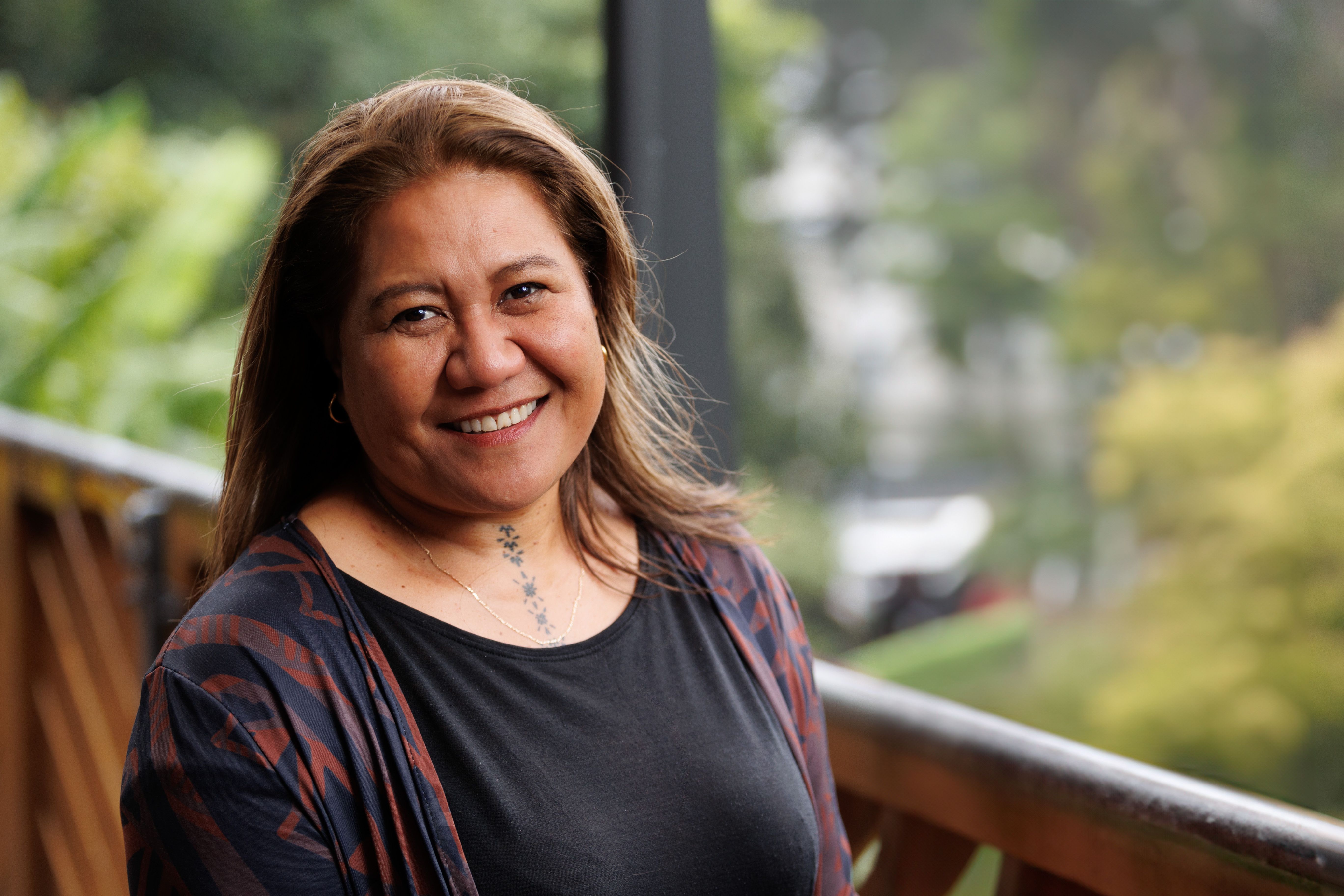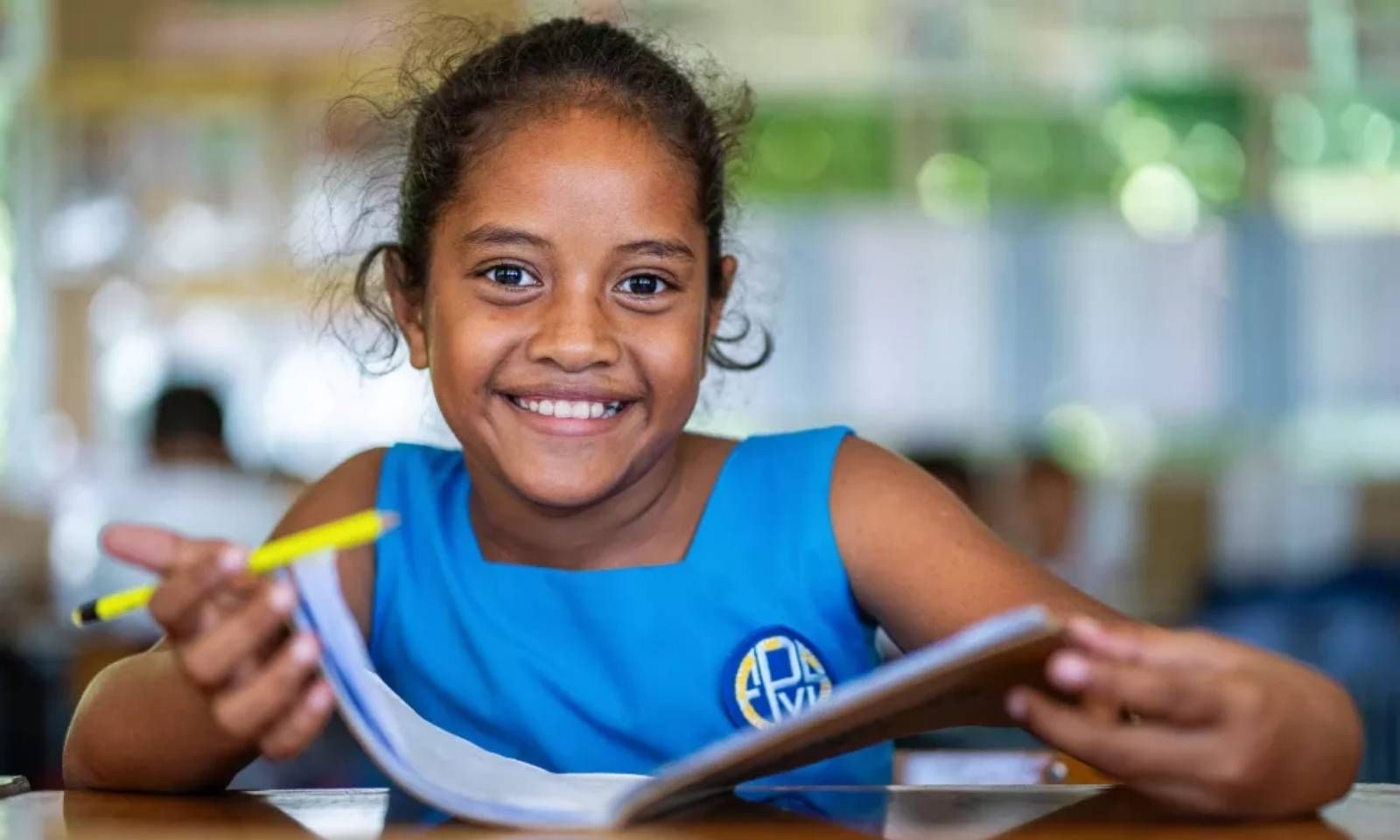

Inaugural TPAS President Professor Teatulohi (Lohi) Matainaho.
Photo /Supplied.
PNG pharmacist the first president of Pacific Science Academy
Professor Teatulohi Matainaho survived a taboo birth to achieve great academic success, and will lead the Pacific Academy of Sciences.



New seats, new stage, same heart: Reviving Māngere Town Centre




Will's Word: Haka, hearings, and the hunger for change

New seats, new stage, same heart: Reviving Māngere Town Centre


A Papua New Guinean pharmacologist has risen to become the first president of The Pacific Academy of Sciences (TPAS).
TPAS was launched last month during the Commonwealth Heads of Government Meeting in Apia, Sāmoa, with the aim to enhance scientific collaboration between Pacific scholars and global experts, address regional challenges and elevate Pacific voices on an international level.
Globally respected PNG Pharmacist Professor Teatulohi (Lohi) Matainaho was selected as president and is an expert in traditional medicine and drug discovery, bringing decades of experience to his new role.
“I am honoured to be appointed as the first president of the Pacific Academy of Sciences,” he said.
“I am committed to working with the Foundation Fellows and the wider scientific community to build a vibrant and impactful institution that will benefit the Pacific region and beyond.”
His background includes groundbreaking research of malaria, cancer, HIV, and tuberculosis, as well as advancing indigenous knowledge systems and science policies, but his lifetime of achievements might have never happened.
A twisted fate
Matainaho was born as one of twin boys during a time when twins were considered taboo.
“My mother’s joy soon turned to unbelievable sadness as a family feud erupted over what to do with the unexpected twin boys,” he said.
“A forceful decision that the healthy twin boys must be killed and buried was made - holes were dug.”
Matainaho's medically trained uncle and maternal grandfather, who was also a paramount chief, saved them.
His grandfather claimed the twins as his own, giving them names which symbolised them as under his protection.
Lohi and his twin brother went on to compound this blessing, where the siblings both earned PhDs - Lohi in pharmacology and his brother in engineering.

Professor Jemaima Tiatia-Siau is one of 12 Foundation Fellows of TPAS. Photo /University of Auckland.
Climate change pain
The Academy is a charitable trust based in Apia, with 12 Foundation Fellows elected to lead its mission.
One of the fellows is Auckland University's Pro-Vice Chancellor Pacific Jemaima Tiatia-Siau, who highlighted the Academy's potential in the region.
“This is history in the making. Until now, the Pacific region had yet to establish an internationally recognised body of scientists," she said.
"Now we have the opportunity to bring Pacific scholars together to grow generations to come."
The mission of TPAS is to foster collaboration and innovation to address pressing challenges to the Pacific region and globally, including climate change, biodiversity, conservation, and health disparities.
A United Nations report highlighted the severe impact of climate change on children in the Pacific region.
The report revealed children in East Asia and the Pacific experience climate and environmental hazards at rates higher than any other region.
Four in ten children (41 per cent) in this area face five or more of these events, compared to a global average of 14 per cent.

Climate and environmental hazards plague children in East Asia and the Pacific more than those in any other region globally. Photo /UNICEF Pacific.
Sir Peter Gluckman, President of the International Science Council and first honorary fellow of TPAS underscored the significance of this milestone.
“As president of the ISC I can assure you we truly welcome you into the fellowship of academies and global scientific bodies," he said.
"We want you to bring a strong Pacific voice to global scientific issues.”
Looking ahead, Matainaho said the Academy planned to launch initiatives to address the aforementioned critical regional challenges such as climate resilience, sustainable development, and health disparities.
He added that they will also focus on mentorship and creating opportunities for young Pacific scientists to thrive, alongside collaborating with international scientific organisations to amplify Pacific research on a global scale.
